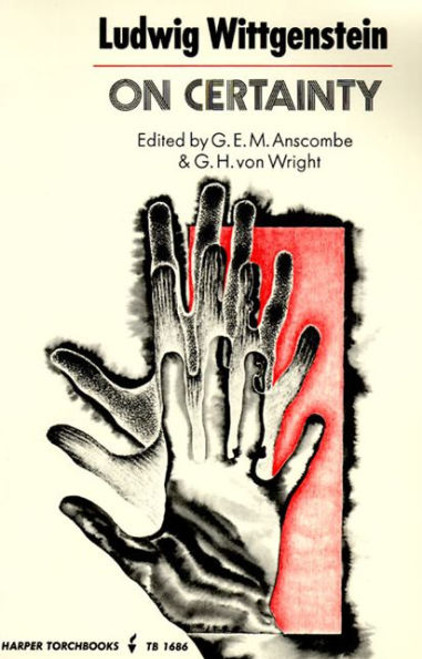This volume is the first selection of the essential writings of Wittgenstein, arguably the emblematic philosopher of the twentieth-century. The Wittgenstein Reader represents the breadth, complexity, and evolution of his thought, from the Tractatus Logico-Philosophicus, which set his philosophical agenda, to the later work on ethics and religion.
This thematically arranged selection corresponds roughly to the chronological development of Wittgenstein's philosophical interests, beginning with 'The Rejection of Logical Atomism' through to 'Ethics, Life and Faith.' Taken together, the selections are designed to add up to an overview of Wittgenstein's philosophical position, and are ideal as a single text for course use.
Editorial Review(s)
"This excellent selection of key passages from the voluminous writings of Wittgenstein for the first time allows him to be read systematically and continuously. I am sure it will be invaluable in the classroom and give much pleasure and enlightenment to the general reader." --Rom Harre, University of Oxford and Georgetown University
About the Author
Ludwig Wittgenstein (1889-1951) was born in Austria and studied at Cambridge under Bertrand Russell. He volunteered to serve in the Austrian army at the outbreak of World War I, and in 1918 was captured and sent to a prison camp in Italy, where he finished his masterpiece, Tractatus Logico-Philosophicus, one of the most important philosophical works of all time. After the war Wittgenstein eventually returned to Cambridge to teach.
Anthony Kenny is Warden of Rhodes House, Oxford and Chairman of the British Library. Until recently, he was Master of Balliol College, Oxford, and President of the British Academy. He has written a number of leading books and articles in Wittgenstein studies, including the widely acclaimed Wittgenstein (1973), and is a Trustee of the Wittgenstein copyrights.








